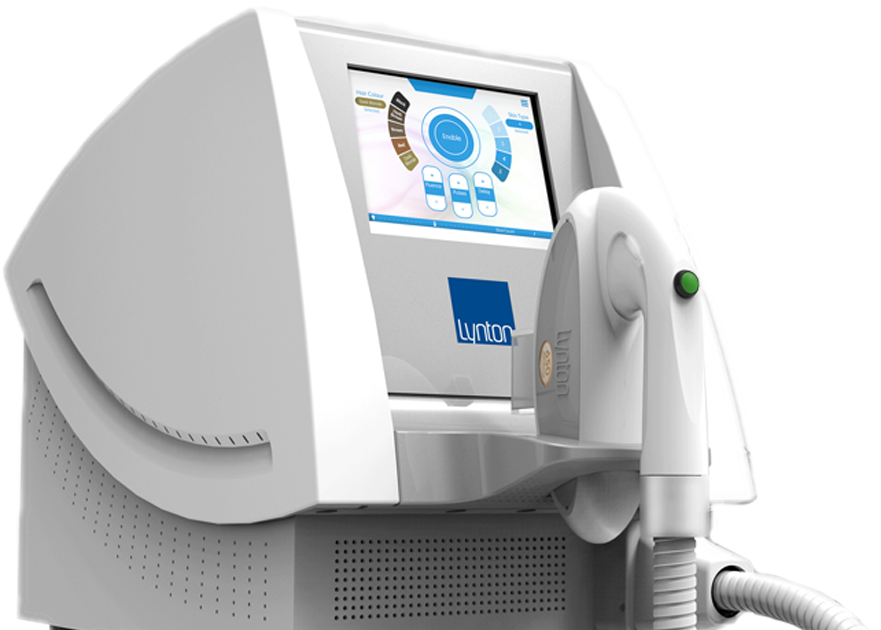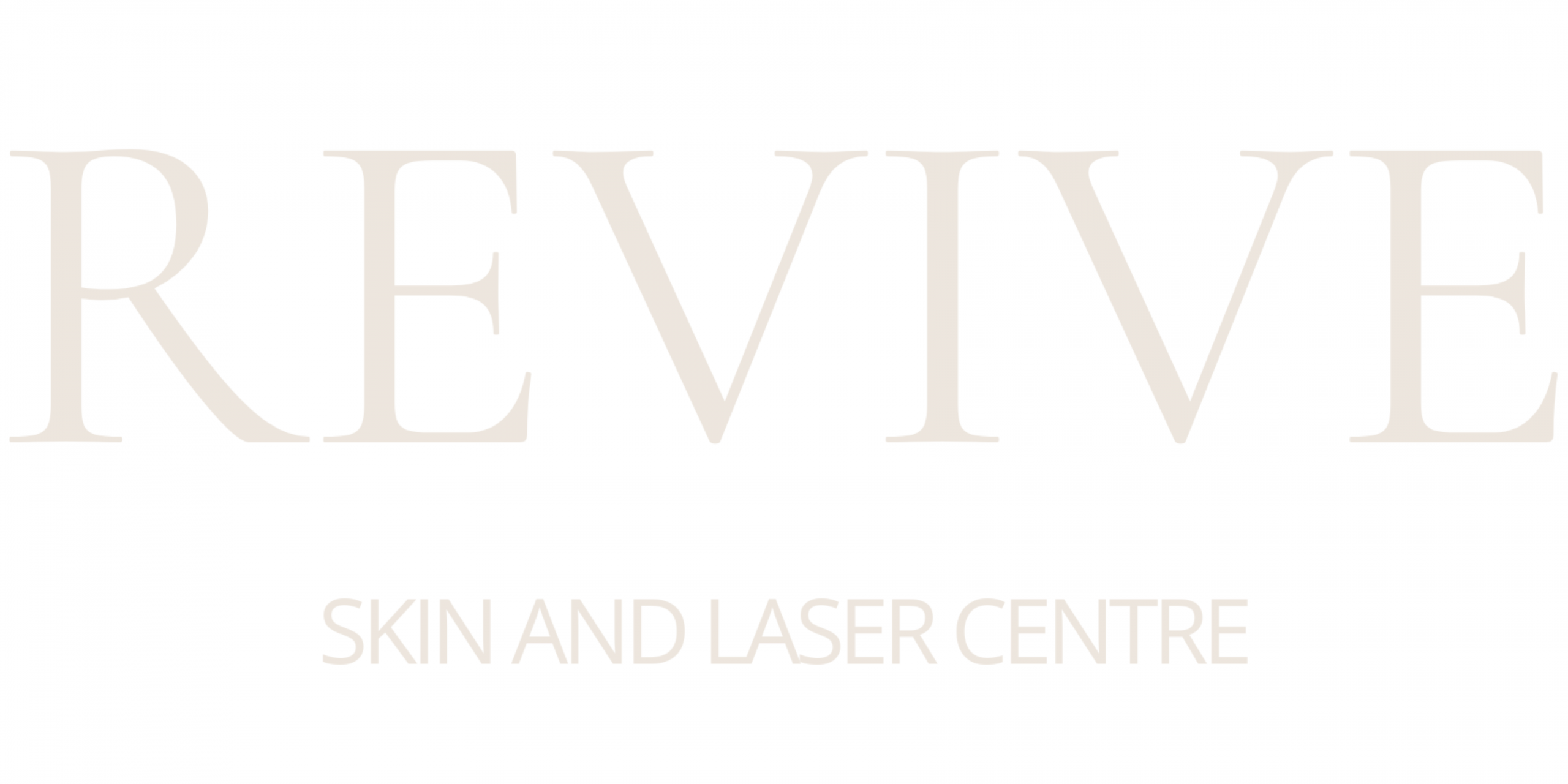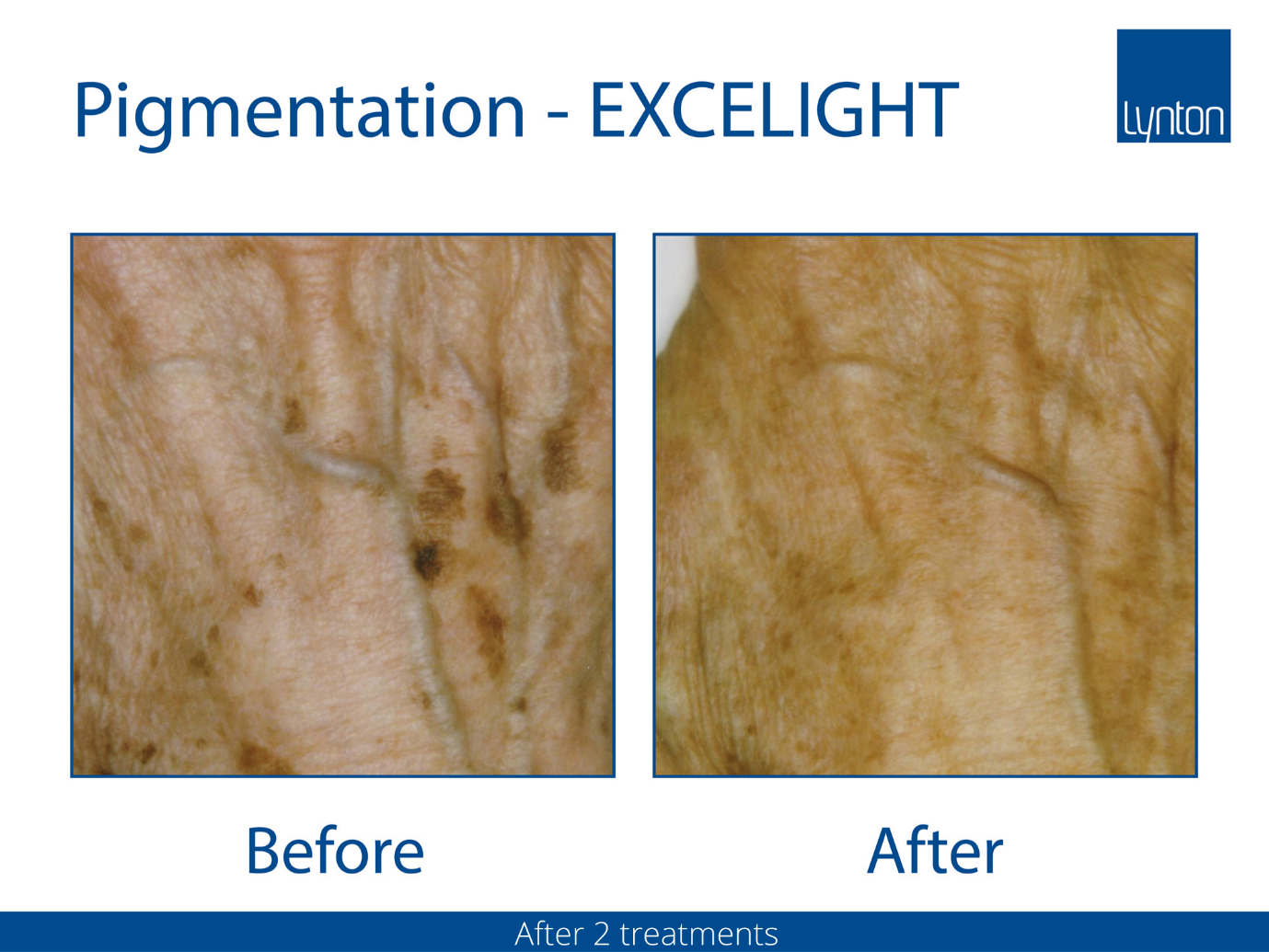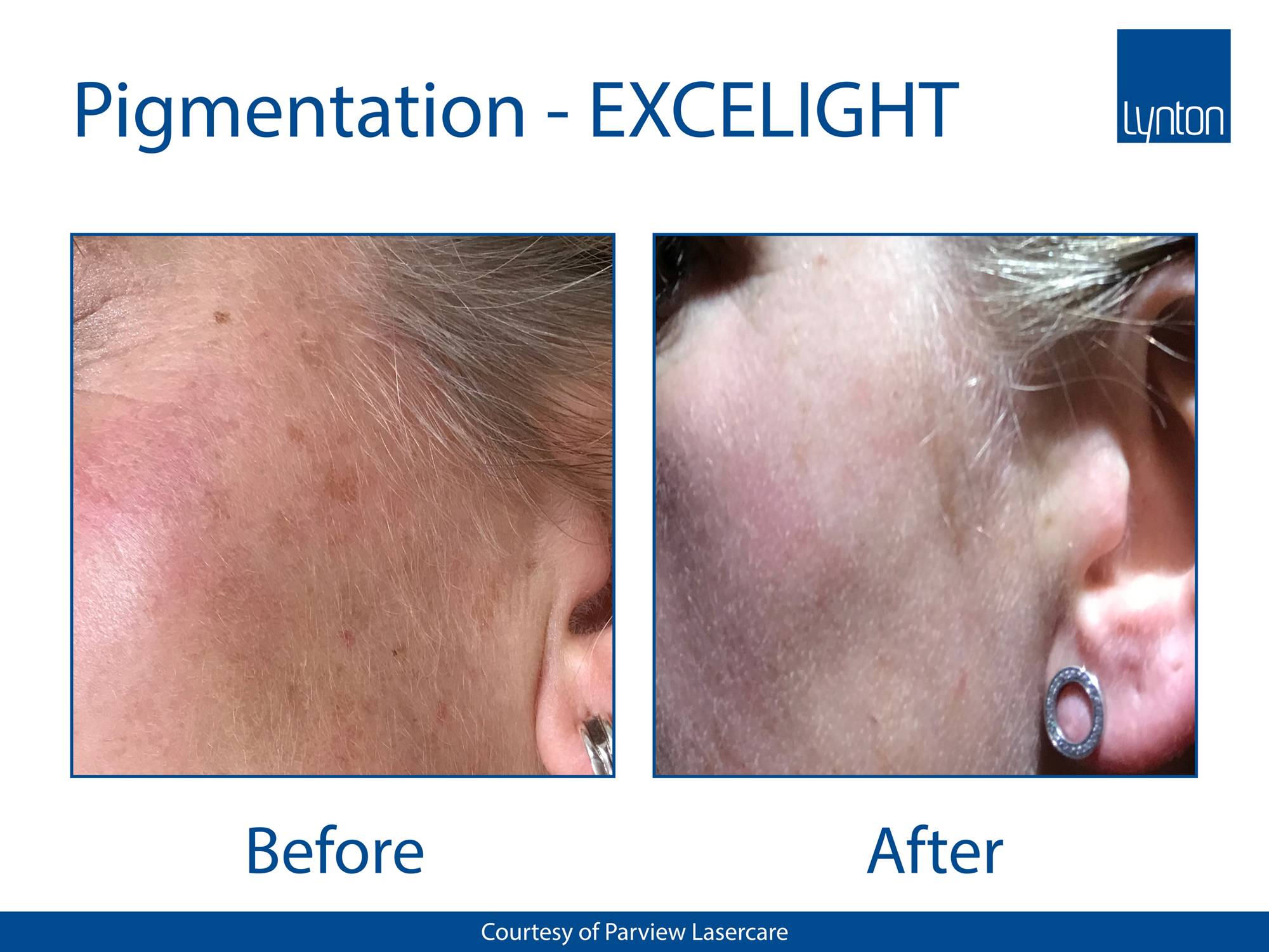
Restore Skin Confidence
Sun spots, liver spots, freckles and other unwanted pigmentation are often associated with skin ageing and over exposure to the sun or sunbeds. From the age of about 40 the skin is less able to regenerate from sun exposure and age spots start to appear. Generally, these age spots pose no health risk, however they can be unsightly and create a patchy, less youthful appearance. Freckling and age spots are successfully lightened or removed with Intense Pulse Light.
Not all pigmentation concerns are as a result of sun exposure and some people are born with pigmented birthmarks or may have melasma, a skin pigmentation condition often associated with pregnancy or hormones.





